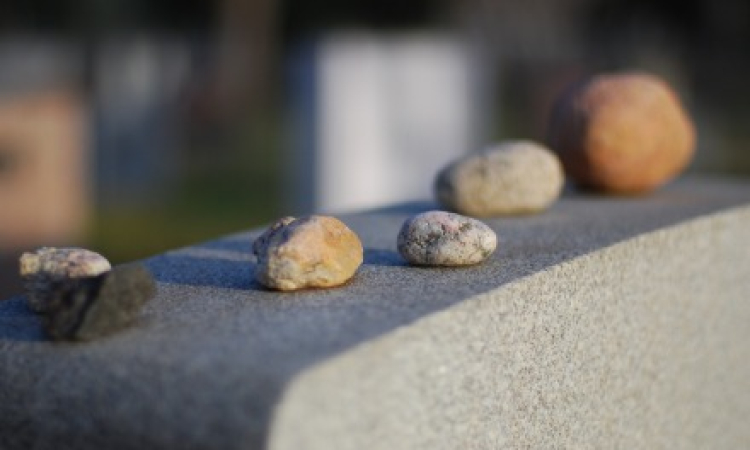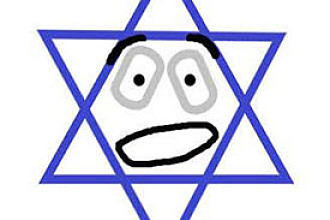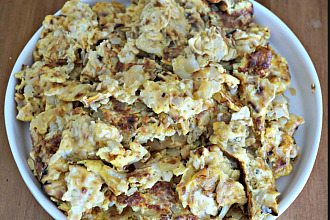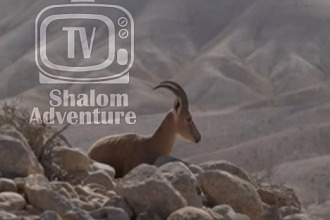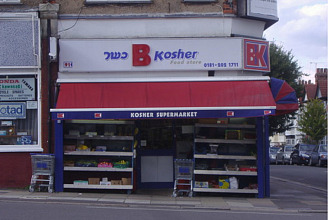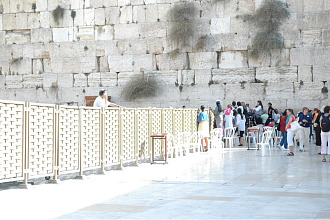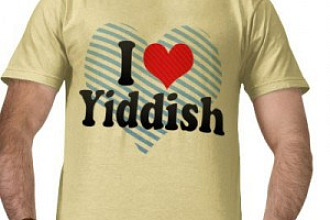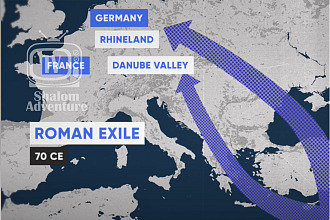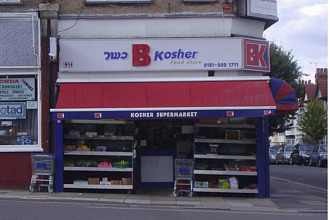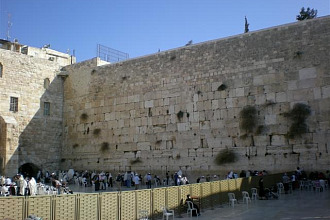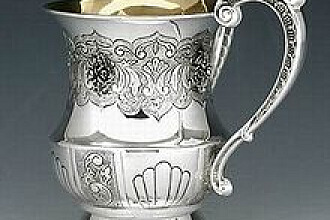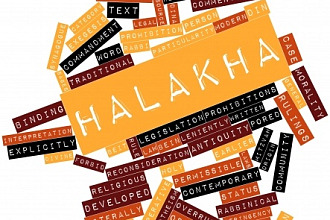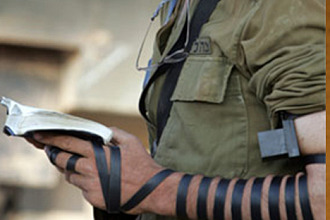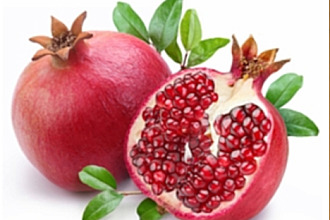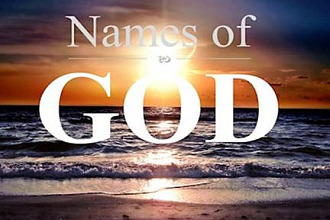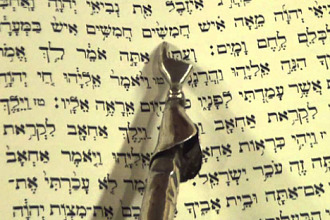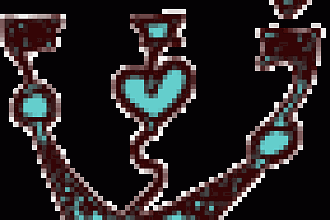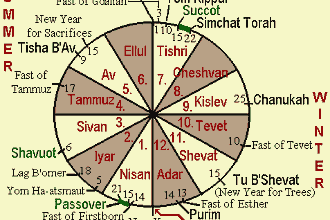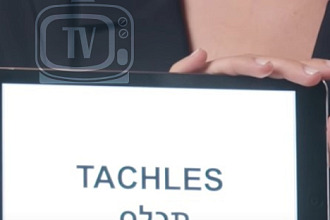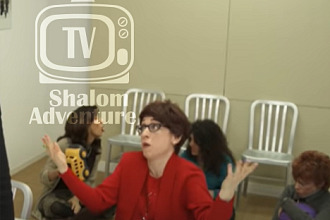Many cultures have different ways of dealing with death. One Jewish custom is to place a stone on the grave of someone who died.
Why this is done is a very good question. Many people have their own explanations as to where this Jewish tradition may have come from and what purpose it serves. Some believe that since stones where often used in burial in rocky desert areas, adding a stone to the grave would have been a way to maintain the grave site. Others think that since stones were used for counting in ancient times the practice of placing stones on the grave was a way to indicate how many people had visited the site to show their respect. Some believe the Jewish tradition of placing stones on a grave is rooted in as the fact that stones, unlike flowers, don’t die so the stone serves as a permanent reminder of the significance of their loved one.
In the Bible stones were erected as a way to remember what God had done. “When all the people had crossed the Jordan, the Lord said to Joshua, ‘Now choose twelve men, one from each tribe. Tell them, “Take twelve stones from the very place where the priests are standing in the middle of the Jordan. Carry them out and pile them up at the place where you will camp tonight.”’ So Joshua called together the twelve men he had chosen—one from each of the tribes of Israel…. He told them, ‘…We will use these stones to build a memorial. In the future your children will ask you, “What do these stones mean?” Then you can tell them, “They remind us that the Jordan River stopped flowing when the Ark of the Lord’s Covenant went across.” These stones will stand as a memorial among the people of Israel forever.’” Joshua 4:1-7
Stones were also used in the Torah to serve as a reminder of an agreement or contract between people. “’See this pile of stones,’ Laban continued, ‘and see this monument I have set between us. They stand between us as witnesses of our vows. I will never pass this pile of stones to harm you, and you must never pass these stones or this monument to harm me.” Genesis 31:51-52. So, the Jewish custom of stone being used as a marker for various significant events goes back many years in history which may be why there are many reasons given for the custom of placing stones on graves because the placement of a stone was done for many different reasons in the Bible. God knew the traditional significance of stones to humans for marking important events and used stones as well to help people remember and understand the significance of their agreement with Him.
There is something that God made, with stone, that we should keep in mind. This stone was so important God instructed for it to be kept in a container covered with gold, which was often visited by the presence of God. As Torah shows, God told Moses, “Place inside the Ark the stone tablets inscribed with the terms of the covenant, which I will give to you. Then put the atonement cover on top of the Ark. I will meet with you there and talk to you from above the atonement cover between the gold cherubim that hover over the Ark of the Covenant. From there I will give you my commands for the people of Israel.” Exodus 25:21-22 The stone tablets which shows the terms of God’s agreement with humanity are the Ten Commandments-the moral law of God.
Yeshua, summarized the law when asked, “‘Rabbi, which of the mitzvot in the Torah is the most important?’ He told him, ‘“You are to love Adonai your God with all your heart and with all your soul and with all your strength.” This is the greatest and most important mitzvah. And a second is similar to it, “You are to love your neighbor as yourself.” All of the Torah and the Prophets are dependent on these two mitzvot.’” Matthew 22:36-40. The Jewish King David said, “The LORD is my rock, my fortress and my deliverer; my God is my rock, in whom I take refuge, my shield and the horn of my salvation, my stronghold.” Psalm 18:2 and “The stone that the builders rejected has now become the cornerstone.” Psalm 118:22. Sometimes in our lives we remember a lot of important and minor things while neglecting the most important thing which is ensuring that God is the foundation of everything we do. So, when you see a rock remember to make God yours.

